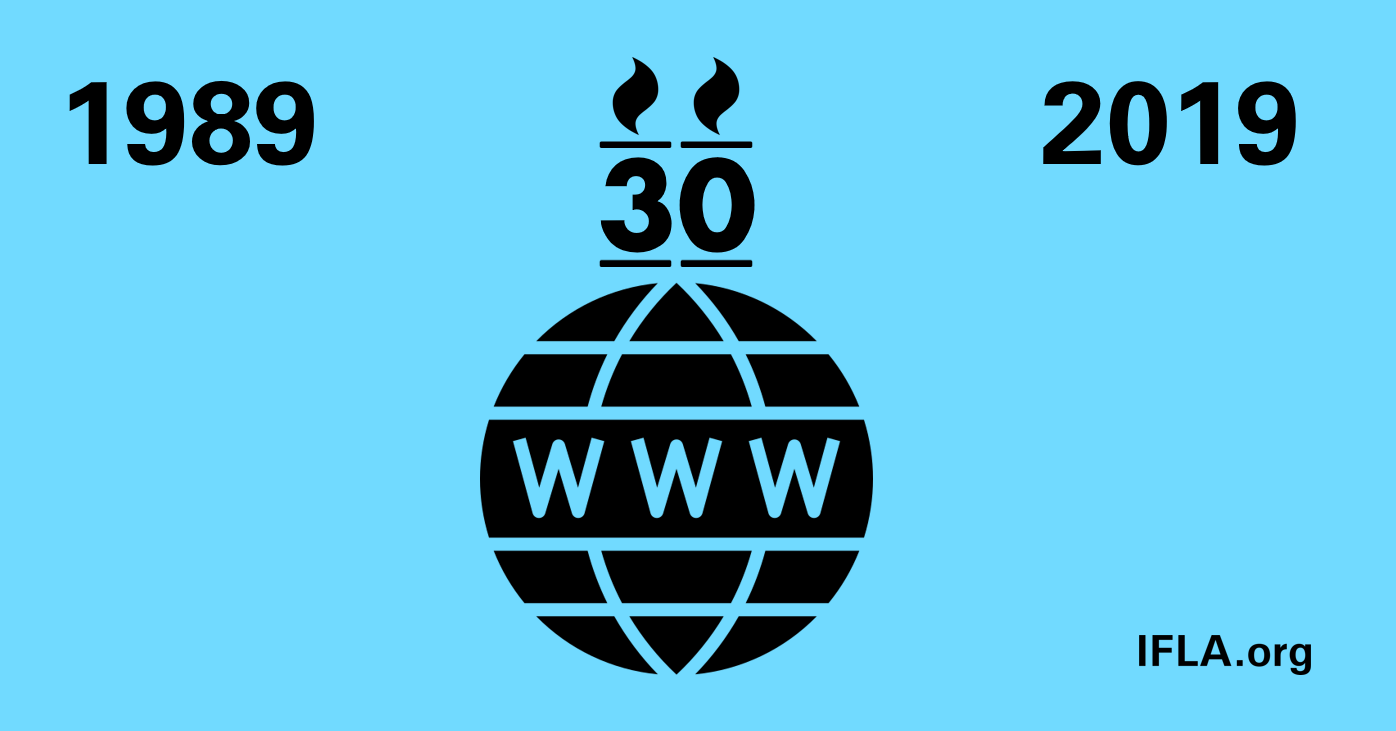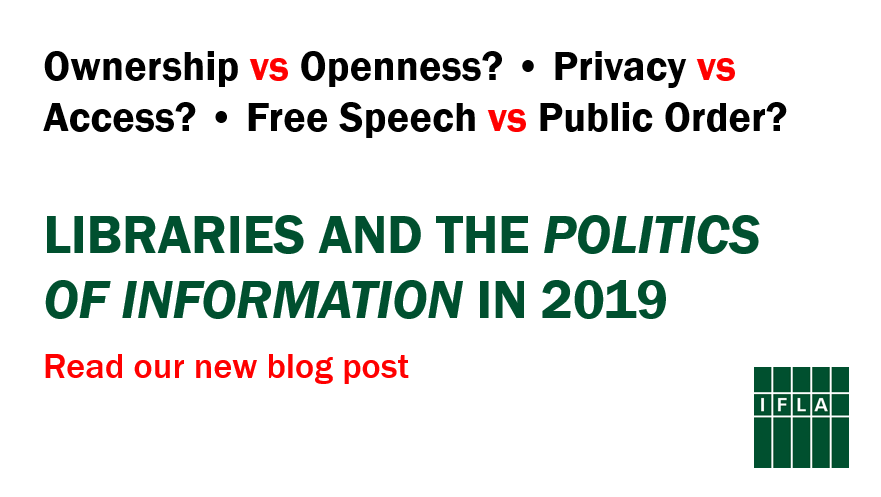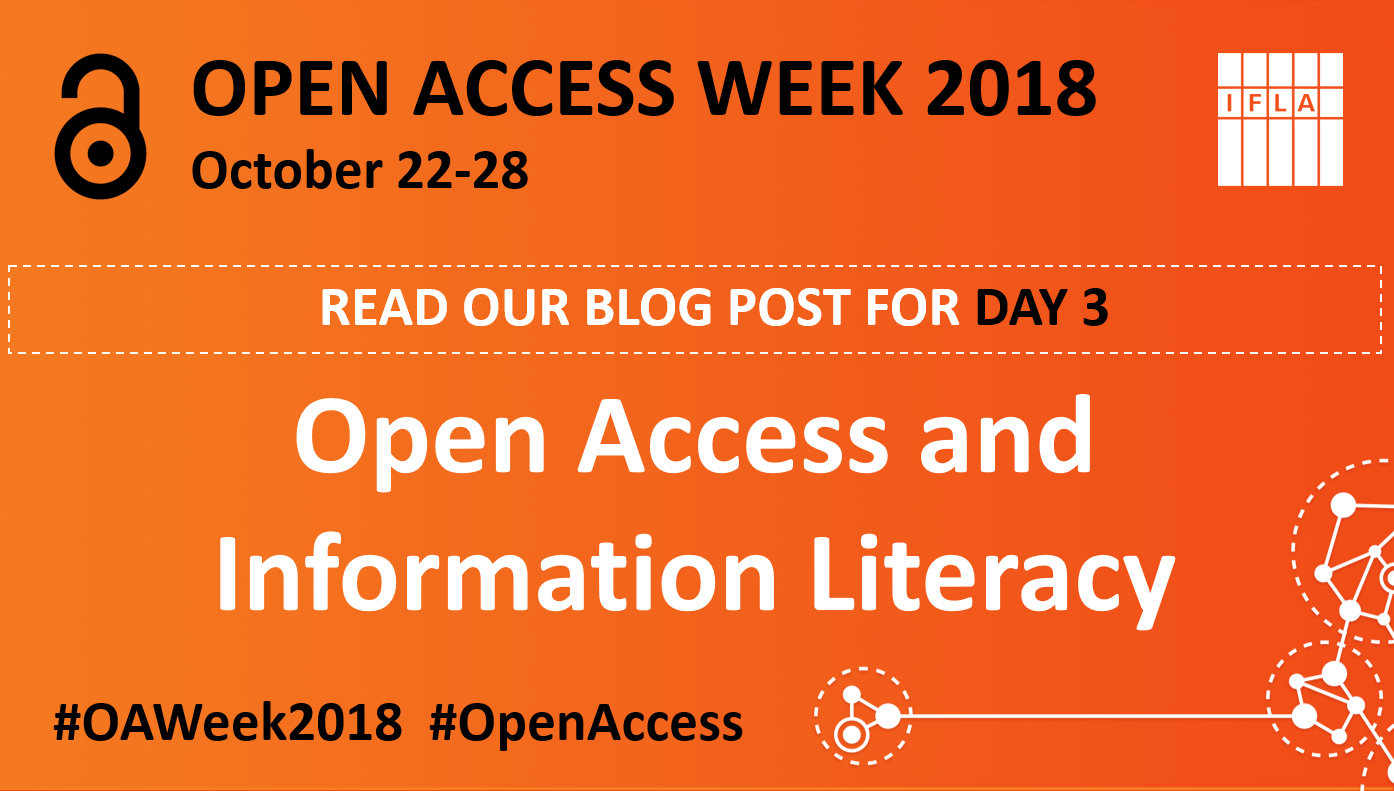A particularly welcome trend in the past year at the United Nations has been evidence of growing recognition of the importance of knowledge and information in the achievement of wider policy goals.
We have seen the emergence of a scientific advisory council for the UN Secretary-General, reference to the possibilities created by advances in knowledge near the beginning of the Pact for the Future, and an upward trend in references to libraries in Voluntary National Reviews.
Perhaps the clearest recognition comes in the UN Secretary-General’s Policy Brief, which contains the seeds of the upcoming Code of Conduct on Information Integrity. This provides, as a definition, ‘the accuracy, consistency and reliability of information’, and sets out that ‘threats to information integrity are having an impact on progress on global, national and local issues’.
The Code of Conduct is not the only document in this space. The UNESCO Guidelines on the Governance of Digital Platforms were already released last year after an extensive consultation period. This too underlines how essential access to information (via the internet) is for development, but at the same time, that this is at risk.
However, and in addition to the ongoing need to distinguish clearly between the UNESCO and UN initiatives (a point likely to be made more complicated still once the Global Digital Compact is released), they nonetheless can risk missing key opportunities.
Despite the overall emphasis on access to information and information integrity, both are built around the role (and regulation of) platforms – an area which is likely to attract most media attention – and areas where the organisations involved have existing programmes and capacity.
For libraries, this risks not being particularly inspiring, and certainly does not reflect the full range of ways in which our institutions and profession contributes to advancing information integrity, in accordance with the definition set out earlier.
This blog therefore offers some ideas for principles for an approach to Information Integrity at the UN and elsewhere that would fully make use of the potential of libraries.
Be positive: a common feature in much work around information regulation is a focus on trying to avoid or defeat dangers. Clearly, there are indeed plenty of risks in the online world, but the challenge is that by focusing only on the negatives, we risk discouraging people from using the internet. A better approach to information integrity should explicitly be as much about how do we help people to be confident, but savvy, in using the internet.
Be people- and community-centred: in the end, the impact of information and knowledge come in their application in resolving development problems, from the individual to the global levels. We therefore should take the experience and needs of all people as a starting point for thinking through how we can both build people’s own skills and attitudes, as well as create an environment where it is possible to be a smart user of information.
Be broad-based: a crucial point is the need to avoid looking at just one actor or tool. For example, while the workings of digital platforms clearly have a major impact, they are only one part of the picture. Moreover, given the scale at which they work, actions via platforms by their nature are likely to be very much top-down. Similarly, when it comes to how to ensure a supply of quality information, we need to look beyond just the press, and consider all potential sources, including for example open access publishing.
Be convincing: the texts mentioned above take as an assumption that people recognise information integrity as something that is both good and necessary, but this does not necessarily take into account the attitudes and approaches of individual people. A comprehensive approach to information integrity would also include work to build appreciation of this in the population as a whole.
Be rights-respecting: a risk in any discussion around Information Integrity is that we end up supporting the actors and voices who would prefer that we return to the age of one-way broadcasting, and would be happy to set themselves up as gatekeepers. We cannot let information integrity become an excuse to shut down diverse voices.
Be globally-aware: a further challenge when discussing information regulation is differing perspectives about the relative risk posed by governments and business. In some places, there can be relatively strong faith that regulation will be fairly designed and implemented, but this is not the case everywhere. We need an approach that is realistic about how far we can trust in regulation to deliver information integrity, just as we need to be realistic about how much companies will deliver this on their own.
Be about libraries: clearly, we cannot and should not claim that libraires on their own can build a world characterised by information integrity, but at the same time, there are few other actors who can play such a broad role, both in terms of the communities we can reach, and the ways in which we can contribute. From provision of access to delivering skills to shaping wider policy, libraries should be in the picture!
Watch this space for a series of upcoming webinars exploring the different aspects of information integrity for libraires today


